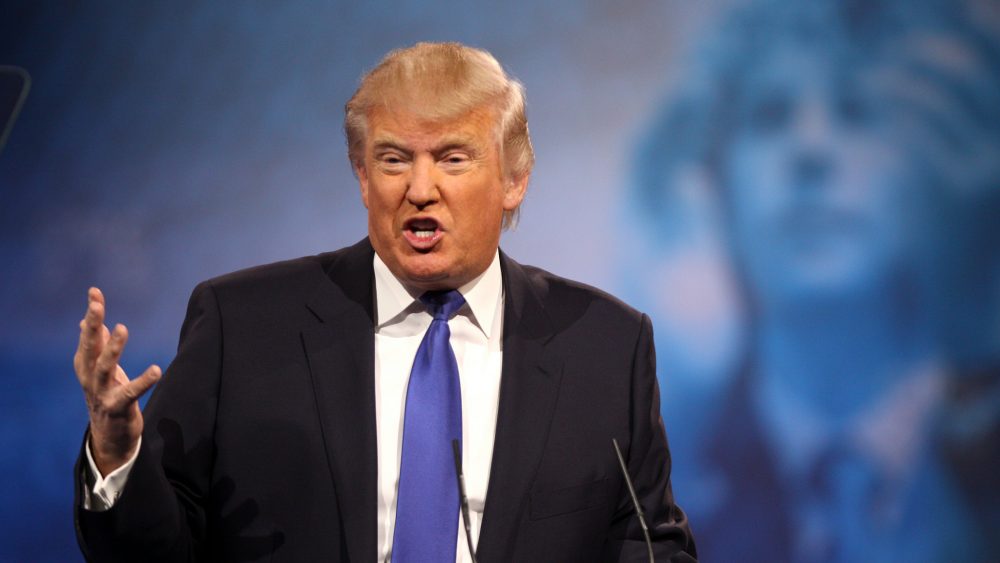Over the protests of some leaders, United States evangelical Christians are flocking to Trump, supporting him in higher numbers than the last Republican presidential candidate Mitt Romney. Fully 78 per cent of white evangelicals (which includes pentecostals) say they would vote for Trump if the election was held today, according to a survey by the Pew Research centre.
This group of voters has been heavily skewed towards the Republican Party since the 1960s civil rights era. They plan to vote for Trump “despite his multiple marriages, lack of piety and inconsistency on the issues they care about most,” is how The New York Times puts it.
A statement by Trump that he has never needed repentance in his life, has undercut suggestions by James Dobson of Focus on the Family that he is a Christian. In a racially divided society, Black Protestants many of whom attend evangelical churches, favour Clinton 89 per cent to 8 per cent. Catholics have Clinton ahead, 56 per cent to 39 per cent. A key block of voters, Hispanic Catholics, favour Clinton 77 per cent to 23 per cent.
In a racially divided society, Black Protestants many of whom attend evangelical churches, favour Clinton 89 per cent to 8 per cent. Catholics have Clinton ahead, 56 per cent to 39 per cent. A key block of voters, Hispanic Catholics, favour Clinton 77 per cent to 23 per cent.
While earlier polls showed that evangelicals who attended church less often were more likely to support Trump, the new Pew research shows a difference of only three percentage points.
While earlier polls showed that evangelicals who attended church less often were more likely to support Trump, the new Pew research shows a difference of only three percentage points.
Some well known religious leaders have come out against Trump. Southern Baptist spokesperson Russell Moore is a leading opponent of the real estate mogul.
“My primary prayer for Donald Trump is that he would first of all repent of sin and come to faith in Jesus Christ,” Moore told David Brody of the Christian Broadcasting Network. “That’s my prayer for any lost person.”
But others have backed him, especially those used to exerting influence as leaders of what was a cohesive religious right.
“Trump is not a true believer in any sense, both religiously and on the issues, but he’s speaking to them,” said J. Tobin Grant, a professor of political science at Southern Illinois University and a columnist at the Religion News Service to The New York Times.
“He’s actively courting them, and that’s what the activists want. They want to have a seat at the table, and they felt they didn’t have that with Romney.”
Email This Story
Why not send this to a friend?


